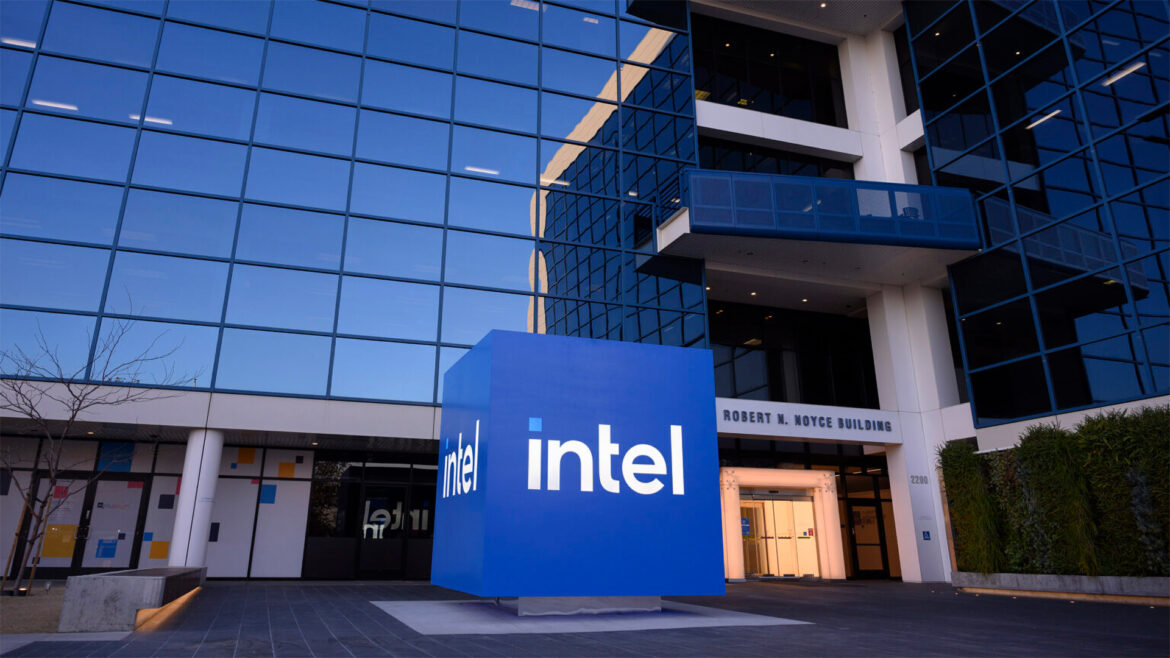The U.S. government’s acquisition of a 10% stake in Intel highlights strategic importance of the company and indicates how important it is to the U.S. government. But the government’s new 10% ownership stake could cause problems for shareholders, employees, business partners, and the company’s international sales, according to Intel’s filing with the Securities and Exchange Commission (SEC).
One of Intel’s biggest concerns is its dependence on foreign markets: In fiscal 2024, the company earned 76% of its $53.1 billion revenue outside the United States, a slight decline from the previous year, but still the lion’s share. Sales to entities in China contributed 29% of Intel’s total revenue, followed by the U.S. with 24.5%, Singapore with 19.2%, and Taiwan with 14.7%. Now that the U.S. government is Intel’s largest shareholder, the chipmaker is directly linked to Trump’s unpredictable trade and tariff policies, which could unsettle overseas customers and governments.
“Having the U.S. Government as a significant stockholder of the Company could subject the Company to additional regulations, obligations or restrictions, such as foreign subsidy laws or otherwise, in other countries,” a statement by Intel reads.
You may like
“Among other things, there could be adverse reactions, immediately or over time, from investors, employees, customers, suppliers, other business or commercial partners, foreign governments or competitors,” the statement says.
Intel acknowledged it had not finished evaluating the full financial, tax, and accounting effects of the deal, so further issues may arise.
The agreement between Intel and the U.S. government, signed on August 22, 2025, includes two funding steps. The first is roughly $5.7 billion, which represents accelerated payments from Intel’s earlier arrangement with the Commerce Department under the CHIPS Act. The second is about $3.2 billion, which is linked to the CHIPS Act ‘Secure Enclave’ initiative for critical chips for aerospace and defense, and will be provided as conditions are met. Together, this funding package gives Intel immediate cash ($5.7 billion) and aligns future payments with government programs.
But while Intel warns that the deal with the government may cause problems for Intel and its shareholders, U.S. President Donald Trump seems to be happy about the deal.
“I PAID ZERO FOR INTEL, IT IS WORTH APPROXIMATELY 11 BILLION DOLLARS. All goes to the USA,” Donald Trump wrote in a social media post. “Why are “stupid” people unhappy with that? I will make deals like that for our Country all day long. I will also help those companies that make such lucrative deals with the United States States. I love seeing their stock price go up, making the USA RICHER, AND RICHER. More jobs for America!!! Who would not want to make deals like that?”

